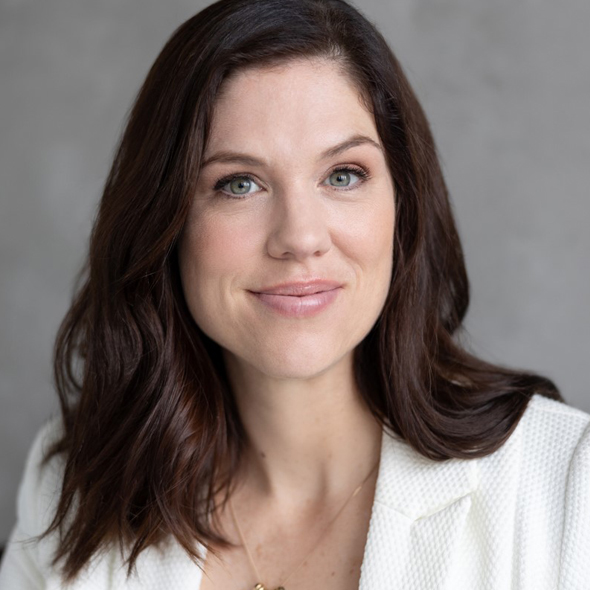Yvonne Messina GAICD share three of the most important board lessons she has learned.
Yvonne Messina believes that if the quality of board documents being submitted are not up to the mark, a chair has a duty to speak up.
“Feel free to ring your deputy and ask if you’re on the right track with what the consultant has supplied. Talk things through. Tell board members to ring you if they’re not sure on something, because changes to the document can still be made. Trust your own knowledge and be confident to stand up in front of everybody and say, something is wrong here — we’re not getting what we want.”
Messina was the winner of the AICD WA Regional Director Award for Excellence 2024, which recognises her contribution to Western Australia’s regional, rural and remote community. For many years, she served as the principal of Mullewa District High School in WA’s Greater Geraldton region.
Currently, Messina is deputy chair of the Geraldton Universities Centre as well as chairing its Hollomby Foundation. She is also Regional Alliance West chair.
1. Trust your own instincts
When I did the AICD Company Directors Course 15 years ago, I was newly appointed to my first board (Regional West Alliance)and yet to develop confidence in the role. I had been a school principal, so was accustomed to standing up in front of the school or parent group. But the board are not educators and I felt the skillsets required were different. I wanted to add value, but it took time for me to trust my own instincts and training.
I realised if you want the organisation to be even stronger, you have to stand up and say what’s on your mind, even if other board members don’t agree with you. You need to articulate your views — you can’t just say, we should do this. You need to share your reasoning as to why something’s not quite right and back it up with logic. This will inspire others to listen to you.
As the chair of a not-for-profit, I will speak up whenever is necessary. Our funding comes from government departments and it’s a highly competitive market for obtaining finance. This means the organisation must perform as well as it possibly can to secure funds — which means having frank and open conversations at board level.
2. Undertake a board review when circumstances require
After taking on the chair role at an NFP, I realised the organisation had been doing the same thing for 20 years, oblivious to change. If it continued like this, there was a risk it wouldn’t survive much longer.
Many of the directors had been on the board for a long time and had lost the mindset of serving the organisation. They were coming in, reading a few reports and ticking the boxes — happy to accept whatever reports management gave them. There were no risk plans coming to us, no review of strategic plans or anything else crucial for a board to have proper oversight.
I initiated a board review. The goal was to look at the culture of the board and how it viewed the organisation, including our stakeholders and funding bodies. This made some board members nervous and a couple left. Recommendations from independent consultants gave us insights into what we should be doing as a board.
Over seven months, we created a charter, delegation schedule and a “matters reserved for the board” document. Job descriptions, performance reviews and risk management plans are now in place.
The culture improved and we became focused on getting the best out of the organisation, working with our stakeholders and their funding bodies. I couldn’t have remained as chair if I hadn’t got the board to proceed with the review. The alternative was battling away with minimal effect.
3. Cybersecurity is everyone’s business
As a chair, I’ve found I always need to keep my eye on the money coming in and going out. It’s not something I do daily, but if I know money should be coming in and haven’t seen it come in, I get concerned and follow up.
I regularly monitored the bank statements at RDA, a federally funded program. We only had an executive officer and our finances were contracted out. At the time, our executive officer was out in the bush and non-contactable. If I hadn’t been vigilant, we could’ve lost a considerable amount of money through a phishing email.
I became concerned when a service provider kept telling us they had paid the money for an invoice, but I noticed the money hadn’t gone into our account. I alerted the service provider, which immediately put a block on the money. I then went to the bank and was told it was because of our quick action that we were able to get the money back. If we’d waited a couple of days for the books to be balanced, it would’ve been too late. It was a good result, but a stressful experience.
Circulars were issued to all the RDAs across Australia and our IT processes were updated and strengthened. This experience taught me cybersecurity is everyone’s business and prompted me to do two interactive virtual cyber threat courses with the AICD. They were brilliant, and I’ve shared them with my other boards.
This article first appeared under the headline '3x3' in the July 2025 issue of Company Director magazine.
Latest news
Already a member?
Login to view this content



.jpg)